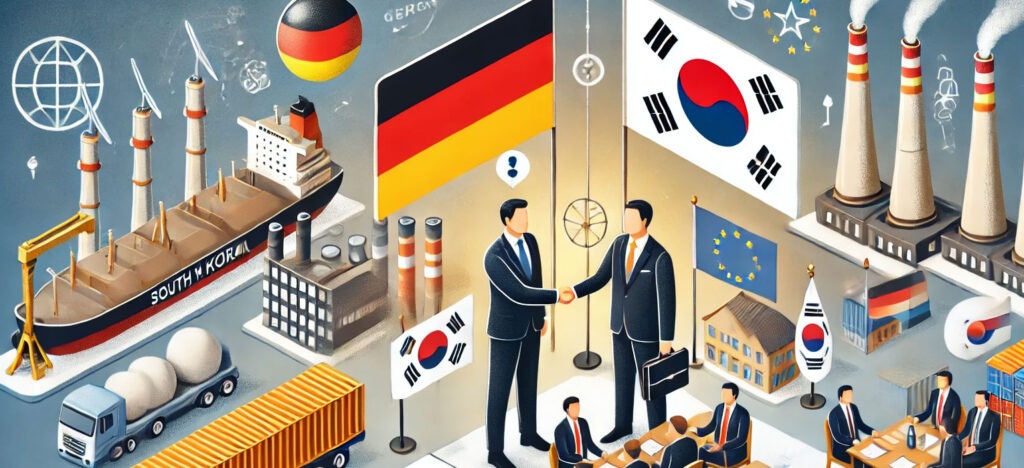German engine boosts Mexico: auto parts investment breaks records

Mexico's auto parts industry is experiencing a historic moment thanks to significant German investment that has driven unprecedented growth.
In the first half of 2024, German companies accounted for almost half of foreign investment in this sector, totaling 1.634 billion dollars in the country.
Francisco González, president of the National Auto Parts Industry (INA), highlights how this expansion responds to the demand of assemblers such as BMW, General Motors, Volkswagen and Audi, which have increased their orders to German suppliers in Mexico.
San Luis Potosí, Puebla and Jalisco have been the main beneficiaries of this wave of investment, with growth in auto parts production demonstrating Mexico's attractiveness to the global advanced manufacturing industry.
Mexico's strengths in this context are centered on its strategic location, which allows German companies and those from other parts of the world to approach the North American market by manufacturing in Mexican territory. The country's economic stability and industrial infrastructure reinforce this position, making it a reliable destination for long-term investments.
Advanced manufacturing capabilities, especially in the auto parts sector, are recognized worldwide and respond to the growing demand for regionalized production in an environment that offers competitive costs and skilled labor.
The strategy known as "China Plus 1," in which companies diversify their production outside Asia, has found in Mexico a crucial node, attracting more than 65 global companies this year.
However, this dynamic also presents certain weaknesses that must be addressed to ensure sustained growth. The automotive industry's dependence on foreign economies, especially countries such as Germany, means that any changes in global demand could affect investment levels in Mexico. Although the industrial infrastructure is robust in certain regions of the country, it still faces challenges in expanding capacity in terms of logistics and transportation infrastructure, especially in areas where demand for production has increased rapidly. Another factor that may represent a disadvantage is the vulnerability to trade policies and regulatory changes that, in an interdependent global environment, could affect the investment decisions of international companies.
The opportunities of this German investment in the Mexican market are evident. The expansion of the auto parts industry not only generates jobs in the country, but also promotes innovation in technology and advanced manufacturing, fostering the development of a local supply chain to meet the growing demand for high-precision automotive parts. In addition, the support of Mexican authorities, led by Secretary of Economy Marcelo Ebrard, has been key to strengthening collaboration with foreign companies and promoting the development of new investments in the country. Mexico is thus emerging as a strategic partner for global companies in the automotive sector, especially in the north and the Bajío region, where investment conditions have been optimized.
In terms of threats, it is important to highlight the possible competition with other countries that also seek to attract investment through tax and labor incentive policies. The variability of energy costs and infrastructure limitations could, in the long term, make Mexico face challenges in maintaining its attractiveness vis-à-vis emerging markets.
There is also the risk of a slowdown in global demand that could affect the flow of foreign investment, especially if key export markets such as the United States experience a reduction in automotive consumption.
Overall, the Mexican auto parts industry is in a solid position, benefiting from the global context that is driving the regionalization of supply chains and consolidating its position as a fundamental link in automotive manufacturing.
German investment not only symbolizes confidence in the Mexican market, but also reinforces the country's role as a strategic ally in global automotive production. While strengthening the national economy, it is essential to continue developing strategies to mitigate vulnerabilities and make the most of opportunities in a competitive and dynamic industrial environment.
Collaboration: Editorial Auge.




